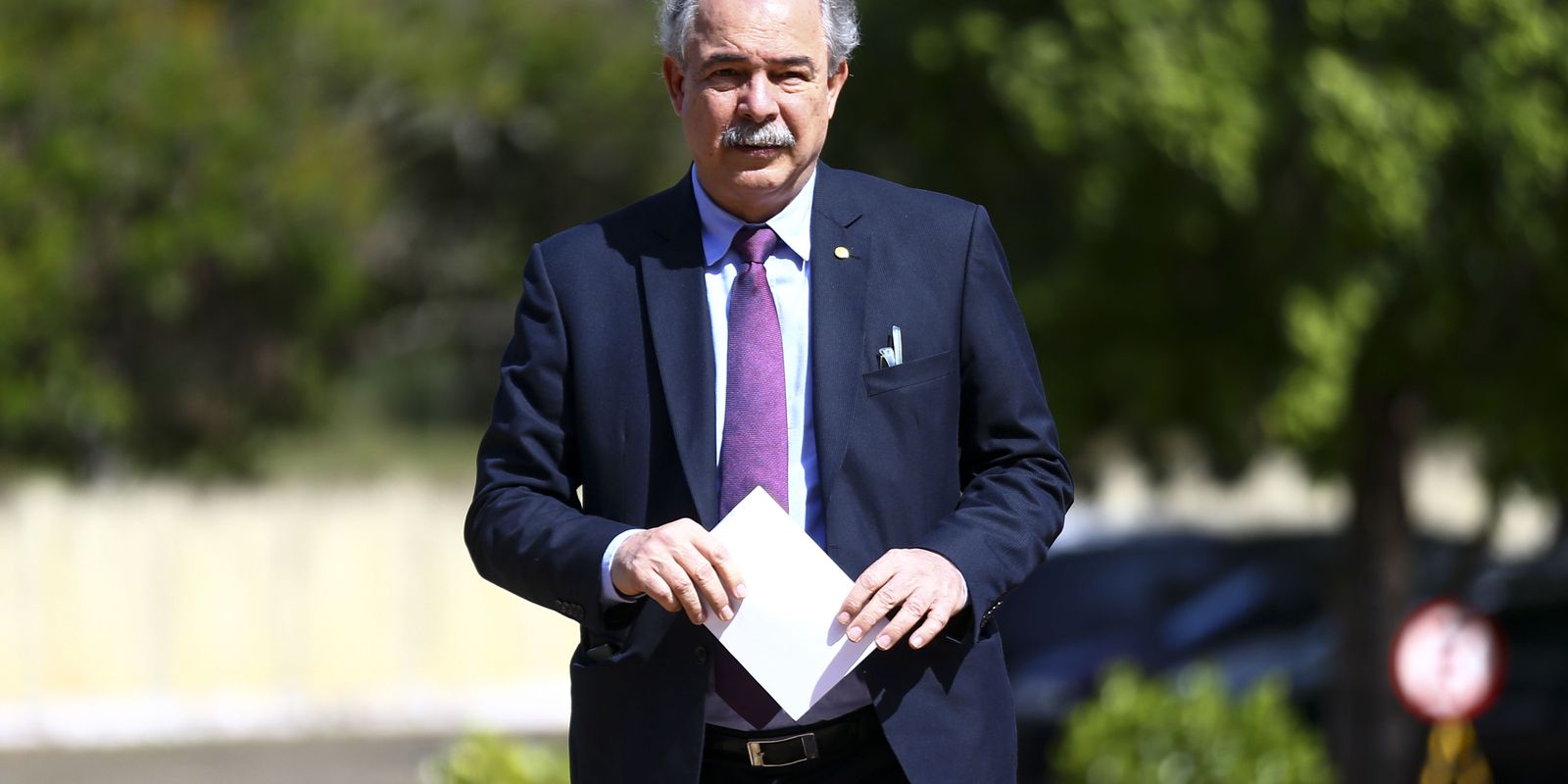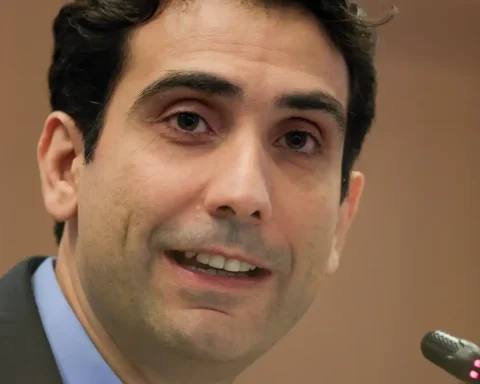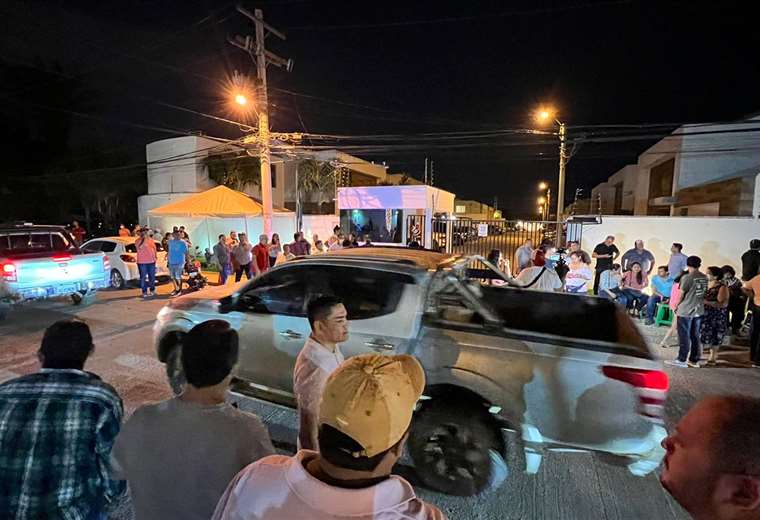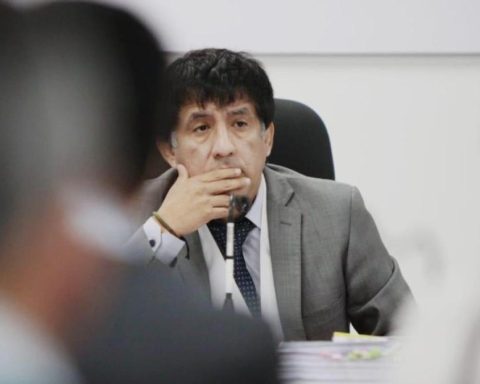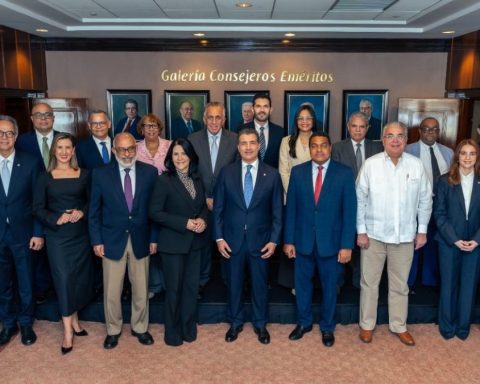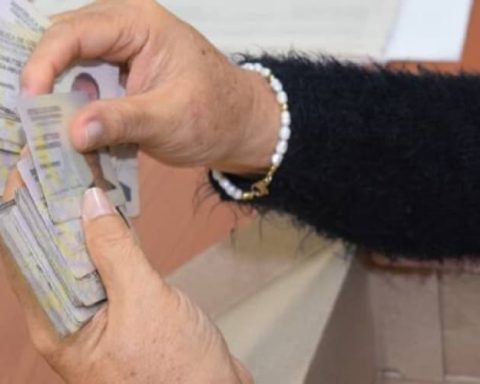The Brazilian government owes R$ 5 billion to international organizations, such as the United Nations (UN), World Trade Organization (WTO) and International Labor Organization (ILO). The information was given today (6) by former senator Aloizio Mercadante (PT), coordinator of the Transition Cabinet.
According to Mercadante, there is no room in the 2023 Budget to pay all debts. The future government will define priorities, organize a flow of installments and gradually reduce the stock of debts. Preference will be given to payments to bodies from which Brazil may lose the right to vote and be excluded due to default. “Brazil will be excluded from several forums. It is a heavy debt, which also has no budget forecast for next year, ”he said.
A member of the transition team’s Planning and Budget working group, economist and former Federal Budget Secretary Esther Dweck said that one of the most urgent situations concerns the WTO, where Brazil is about to lose the right to vote if it doesn’t quit. the debts.
“Let us see those who are on the verge of [o Brasil] lose [o direito a voto] and, then, how to pay this liability, which will not be possible in the first year. Look where it’s most urgent, things that are small but symbolic, the environment, and agriculture. Solving what is most urgent”, said Esther Dweck. She pointed out that liabilities have accumulated over the last few years, but not everything in the current government.
Also a member of the Planning and Budget group, economist Antonio Corrêa de Lacerda stated that Brazil’s debts and risk of exclusion represent an obstacle to the elected government’s plans to recover Brazil’s recognition on the international stage.
“This goes against the grain of an international insertion project, because the basic thing you have to do is fulfill these commitments with these international bodies. Brazil’s participation in these international bodies is very important for this new vision of the State, a vision of planning and of national development itself”, he declared.
In the case of the UN, if a country owes two or more years of regular contributions, it may lose the right to vote. To avoid this situation, Brazil has been paying some installments, as at the end of 2020, when the government made a supplementary credit (relocation) of R$ 3.3 billion to pay obligations with the UN and the Organization of American States (OAS).
digital government
According to the Planning and Budget group of the transition team, the country also faces problems in keeping the digital government in operation, public services provided over the internet. Esther Dweck estimated at BRL 60 million the lack of resources in the 2023 Budget for information technology, essential for the sector.
“In some areas, one of them digital government, the budget has not kept up. O [Portal] Gov.br has a series of services provided to the population, but the budget has not kept up with the growing demand”, he declared.
According to Mercadante, the digital government is a way to increase efficiency, improve the quality of service for society. He informed that the possibility of assigning some functions of the former Ministry of Planning, such as the digital government, to the Ministry of Development is being studied, a folder that will be recreated in the new government, to stimulate innovation in the public service.
